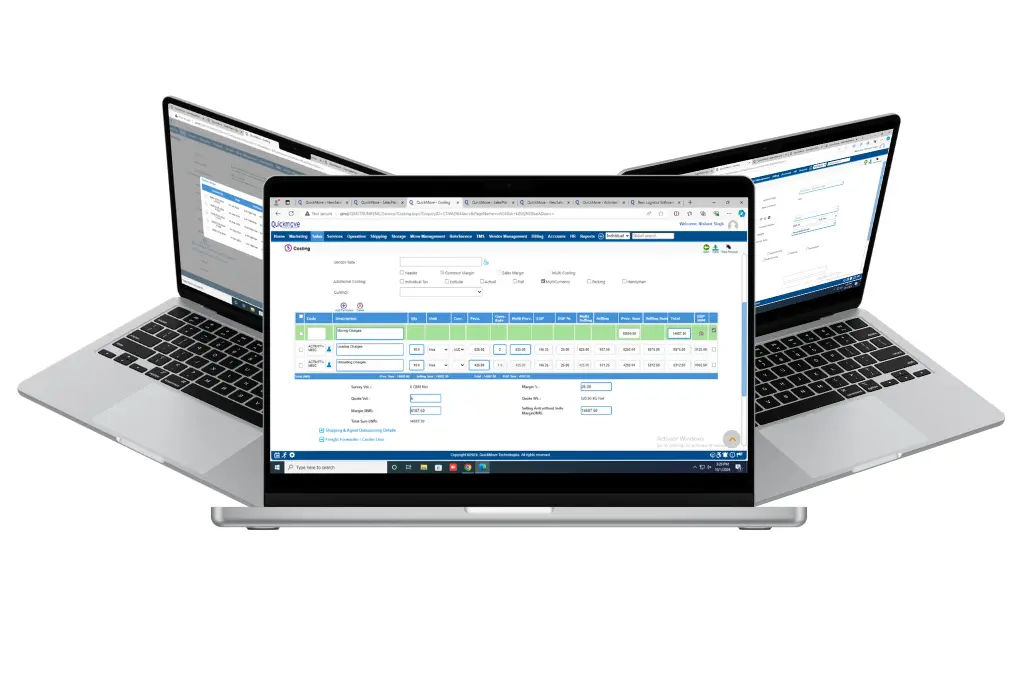Dubai is a world logistics center, and it is easy to export and import between the West and East. Dubai freight forwarding is a vital part of worldwide supply chains with its geostrategic location, cutting-edge infrastructure, and universal use of technology.
The Growing Cyber Threats in Freight Forwarding
The freight forwarding and logistics sector is also becoming more under the radar of cybercriminals.
Common threats are:
- Phishing Attacks: False emails impersonating legitimate companies trick employees into revealing confidential details.
- Ransomware: nefarious software programs encrypting data
- Data breaches: unauthorized access into confidential business and customer data.
- Supply Chain Attacks: Hackers are targeting third-party partners or suppliers to gain access to systems.
- IoT vulnerabilities: Internet-of-Things devices deployed within logistics can be targeted in order to gain access to systems.
Why Cybersecurity is Essential for Freight Forwarding
- A cybersecurity a data breach within freight forwarding can lead to financial loss, business disruption, reputational damage, and legal liability. Since Dubai is a global logistics hub, organizations must prioritize cybersecurity in order to maintain data integrity secure sensitive customer and shipment data.
- Avoid Losses of Funds: Avoid careless payments, fraud, and unauthorized transfers.
- Follow Laws: Follow the UAE cybersecurity law and international standards.
- Maintain Business Continuity—Preserve smooth operations without unexpected disruption.
Need to enhance digital security in Dubai.
Dubai companies need to do the following to obtain freight forwarding:
- Employee Training & Awareness
- Need to conduct regular cybersecurity training.
- Train staff on phishing attempts detection.
- Strong Authentication & Access Controls
- Implement multiple-factor authentication (MFA) for system access.
- Restrict access to sensitive data based on role and responsibility.
- Regular Security Audits & Risk Assessments
- Conduct regular cybersecurity audits to identify vulnerabilities.
- Utilize a risk assessment framework to prevent potential threats.
- Advanced Threat Detection & Response
- Deploy intrusion detection and prevention systems (IDPS).
- Monitor network traffic for anomalies and respond rapidly to threats.
- Incident Response & Recovery Plan
- Develop a comprehensive incident response plan.
- Regularly back up critical data and drill recovery procedures.
Conclusion
As Dubai becomes a global logistics hub, freight forwarding cybersecurity threats also increase. Companies must have effective security measures in place to secure their supply chain, safeguard information, and prevent cyberattacks. With proactive strategies, companies can establish trust, ensure smooth operations, and sustain long-term success in the business.
 Email Us
Email Us

 Freight Forwarding Software
Freight Forwarding Software Moving/Removal Software
Moving/Removal Software Warehouse Management System
Warehouse Management System Transport Management System
Transport Management System Customer Service Portal
Customer Service Portal Move Survey Quote Pro
Move Survey Quote Pro Digital Logistics Inventory App
Digital Logistics Inventory App

